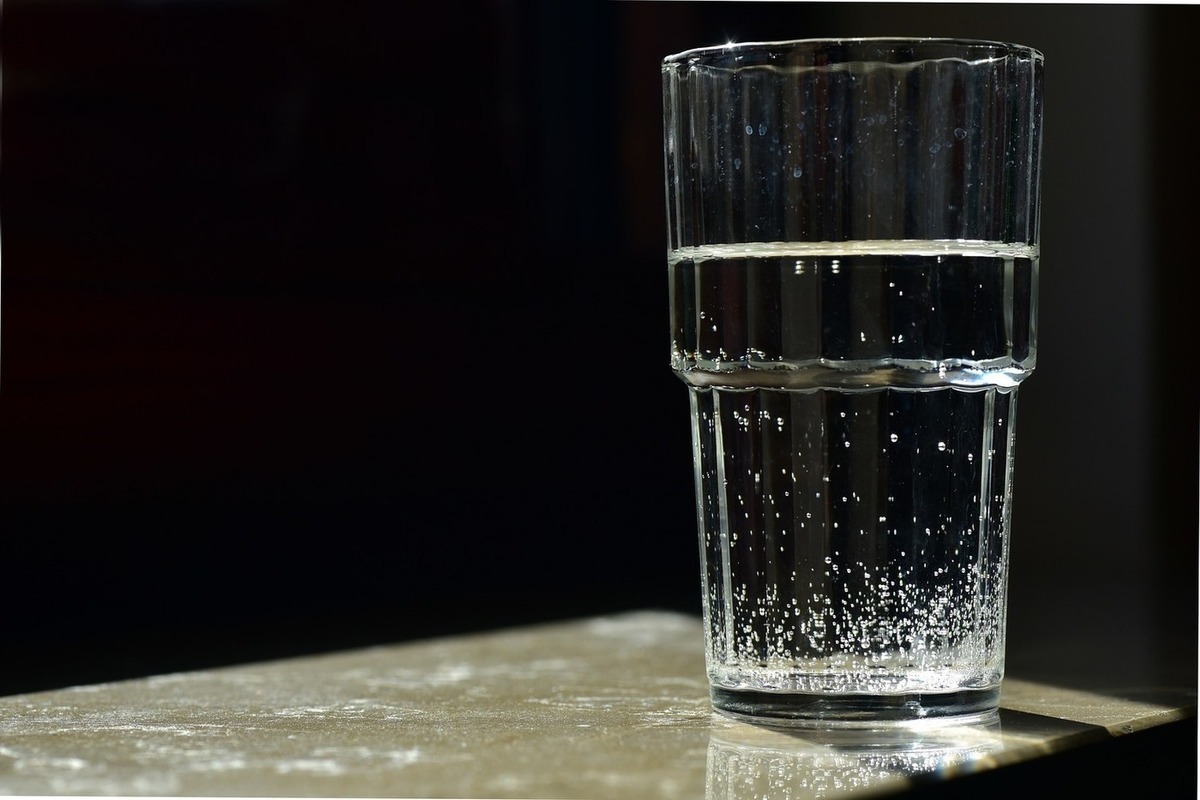A new study by researchers at the Pennsylvania State College of Medicine and recently published in the Journal of Medical Virology found that mouthwash and mouthwash can “inactivate” human coronaviruses, reports Fox News… That said, the study’s authors suggest that these common dental and oral hygiene products may help slow the spread of the newest coronavirus.
Although the study authors did not test the novel coronavirus, in their research they analyzed human coronavirus, a strain that causes the common cold known as 229e and “genetically similar” to SARS-CoV-2, leading the study authors to argue that the results could be comparable.
As part of the study, the researchers tested various mouth and nasopharyngeal rinses, including 1% baby shampoo solution, mouth pain cleansers, and peroxide mouthwash, to determine how well they inactivated the 229e strain.
Human volunteers were not involved in the study. Coronaviruses 229e were grown in human liver cells in vitro before being immersed in various solutions for 30 seconds, one minute and two minutes.
A solution of baby shampoo “often used by head and neck doctors to rinse the sinuses,” the researchers note in a press release, is particularly effective. According to them, the solution inactivated “more than 99.9% of the human coronavirus after two minutes of contact.”
Tested mouthwashes and mouthwashes have also been shown to be effective. Some of them inactivated more than 99.9% of the virus in just half a minute of contact, while others inactivated 99.99% of the virus after more than 30 seconds.
Study lead author Craig Meyers, Distinguished Professor of Microbiology, Immunology, Obstetrics and Gynecology, said the results show that the amount of virus (viral load) in an infected person’s mouth can be reduced with these common over-the-counter products, possibly helping to reduce the spread of the new virus in in certain situations, such as caring for a COVID patient or visiting the dentist.
But some experts who were not involved in the study warned that the results should not be over-interpreted. They emphasized the need for clinical trials to show similar results in humans.
In addition, while mouthwash can theoretically reduce viral load in the mouth and throat for a short period of time, a dental product cannot stop the virus from replicating in the cells of the body, many experts noted in comments for Fox News.
“It’s one thing to show something in the laboratory, it’s another to show something similar in humans,” Dr. William Schaffner, professor of infectious diseases at Vanderbilt University Medical Center and medical director of the National Foundation for Infectious Diseases, told Fox News.
“It might be helpful,” Schaffner said of rinsing mouthwash to reduce the spread of the virus, but he believes the effect will be quite modest at best.
“We know that mouthwashes like chlorhexidine and listerine can reduce bacteria in a person’s mouth when used correctly (or as prescribed in the case of chlorhexidine). However, we do not know if mouthwash reduces the number of viruses in a clinical setting. And therefore, healthcare professionals of all types must continue to do what works best, ”such as washing their hands, wearing a mask and distancing themselves from society, Valerie Fitzhugh, associate professor and interim chair of pathology at the School of Medicine, said in a comment to Fox News. Rutgers, New Jersey and Rutgers Robert Wood Johnson School of Medicine.
“It is important to remember that this study was not conducted in humans, but in test tubes; it’s hard to say how clinically relevant and practical this research is, ”continued Valerie Fitzhugh.
“I know everyone wants to find a cure, but it’s not a mouthwash,” Dr. John White, chief physician for health website WebMD, told Fox News. – COVID-19 is a respiratory virus and all over the counter mouthwashes do not fight viruses in the body. That’s not how they work. “
Following other experts, White also pointed out that the study did not involve people and did not study the new coronavirus: “The gargle also lasted up to two minutes. This is more than most people think or can do in practice. I don’t want people to think that they can start gargling with all kinds of chemicals and then they will be safe – because they are not. And we don’t want people to come up with mouthwash that could lead to injury. “
For his part, in an email sent to Fox News, lead author of the Pennsylvania Medical College study Craig Meyers recalled that his team was “the first to say clinical trials need to be done” to prove the same results in humans, and not only in the laboratory: “Research does not start with volunteers, but in the laboratory. You must first demonstrate on the bench and in the tissue culture room that there is potential for positive health effects. Once this research foundation is demonstrated, you can try moving on to human trials. I think it is shortsighted to make statements so categorical that these rinses will not help. “
“Whether using a mouthwash removes the need to wear a mask and social distancing is definitely not, but it adds another layer of protection,” the scientist continued, adding that his team’s findings confirm past studies that also examine how Mouthwashes and mouthwashes can reduce a person’s viral load. coronaviruses. He highlighted a study from Germany that was published in The Journal of Infectious Diseases in August.
“Also, the study does not suggest anyone do anything out of the ordinary, other than doing something that is part of normal oral hygiene,” says Craig Meyers. “It was clear to us that this was not a drug … but the data showed strong potential to reduce transmission.”
– .


